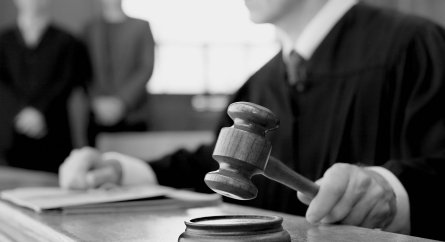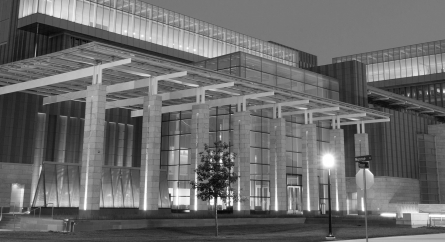Client Alert: Department of Education Notification of Borrower Defense Claims
Higher education clients who accept federal student loans may have recently received emails from the Department of Education (“Department”) notifying them of borrower defense claims seeking to avoid loan repayment obligations from current and former students. Although the Department may tell you that responding to such claims is “optional,” you should respond as there may be consequences to some institutions if forgiveness is granted.
While student loan forgiveness has been a priority of the Biden administration, across-the-board measures have been rejected by the courts. The Department of Education has, therefore, proceeded by forgiving smaller categories of loans, including loans where the borrower establishes that their college made misrepresentations about such things as a students’ employment prospects after graduation or the institution’s educational programs. Students and former students apply for this forgiveness by simply submitting a “check the box” form to the Department, which the Department then provides to schools for their response.
While the loan forgiveness may not generally be seen as adverse to a school’s interest, this type of loan forgiveness in particular can be, for several reasons. First, if the Department finds that a school has made misrepresentations to its students, it may seek to recoup the student loan payments that it forgave from the school. Second, the Department also has the power to decertify schools that have made substantial misrepresentations as Title IV recipients, meaning that they would no longer be able to receive federal financial aid from students. Finally, as recent rule-making has shown, the Department has been tracking student debt and earnings data, and is seeking to publicize that data. Schools do not want to risk having the reputation as an institution that is not worth the cost of attendance.
Many institutions that had not previously received borrower defense claims are currently seeing an influx of them. How to properly respond can be difficult to determine, especially given the vague nature of the information that you may receive from the applicant. Based on our experience, things to consider include:
- Determining what standards apply to a given application for loan forgiveness. This can be tricky. Standards for forgiveness are generally set out based on the time that the loan was issued, but the class action settlement in Sweet v. Cardona may impact the standards that apply if the claim was filed within the last several years.
- Although the information that your former students provide may be vague, it is important that you submit a comprehensive answer that addresses all the factual and legal issues to the claim and provide all relevant evidence that you have available to establish that the claims are without merit. The Department will likely, at this time, give the benefit of the doubt to applicants who can set forth a viable claim.
- Checking the applicable statute of limitations and confirming that the applicant actually took out Direct federal loans with your institution – applicants from previous decades may not have Direct loans, and may therefore not be eligible for forgiveness.
Bowditch attorneys have experience handling borrower defense claims and are happy to guide you through this process. If you need assistance in your responses, please reach out to your Bowditch attorney.
Categorized: Client Alerts, Publications
Tagged In: higher education, loan forgiveness, student loans











